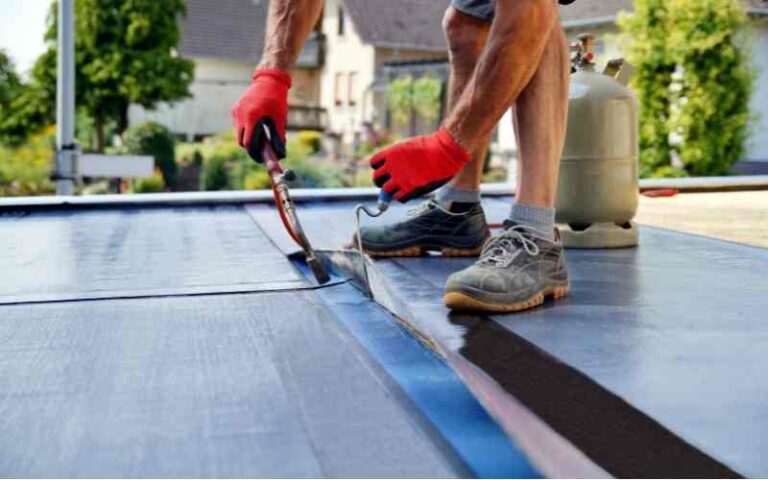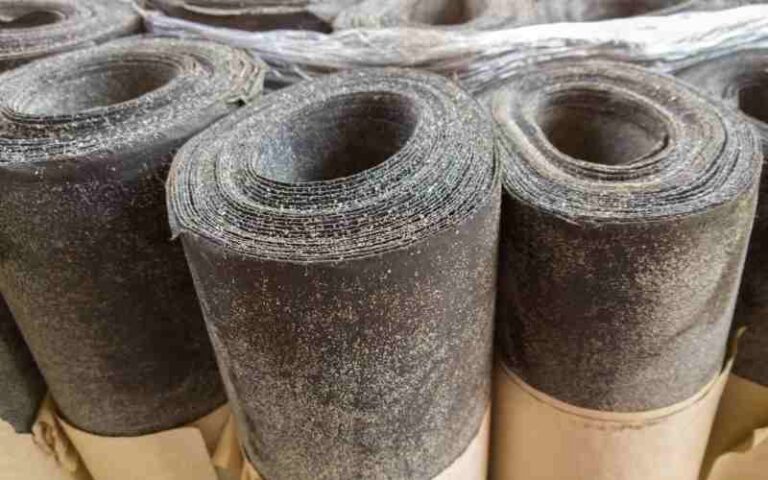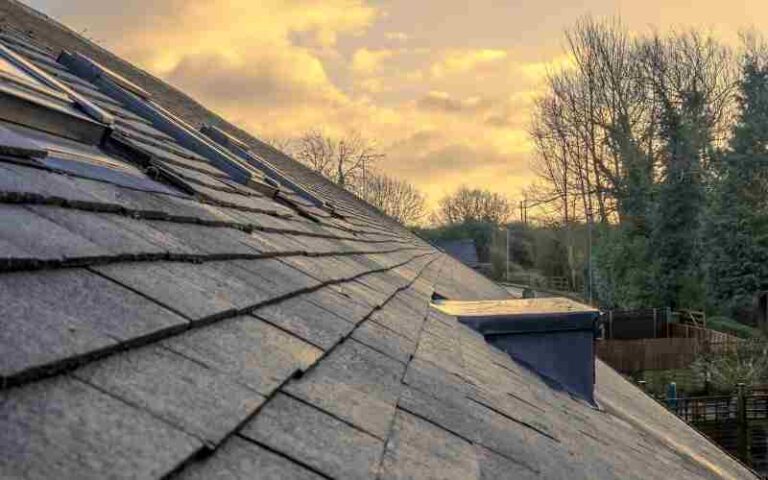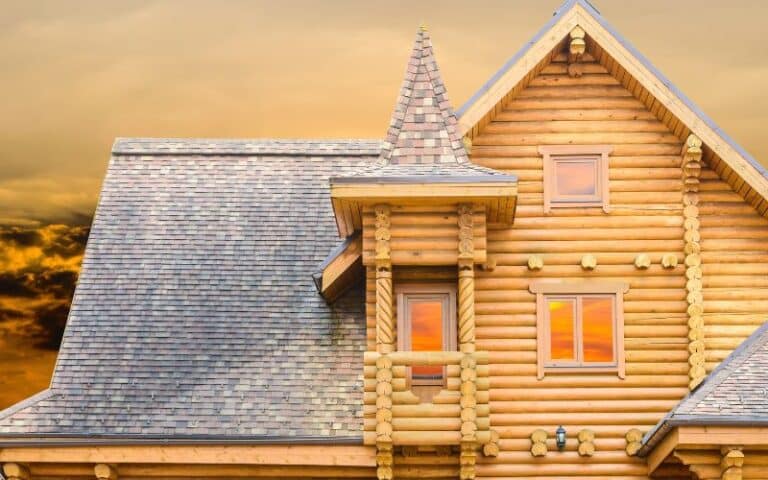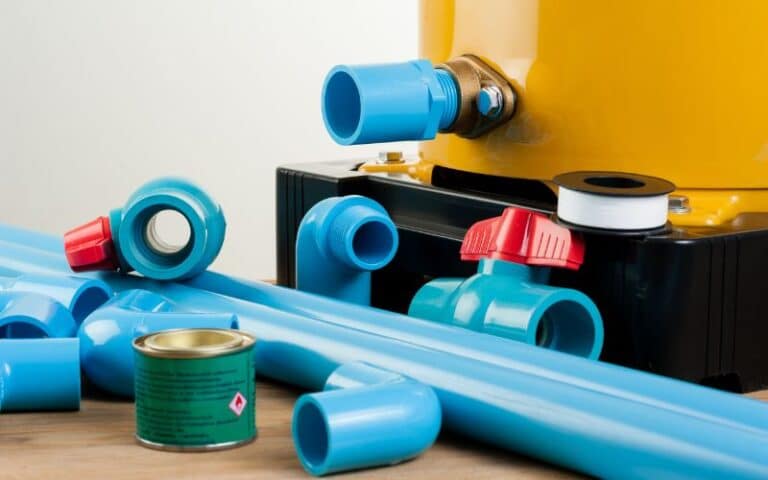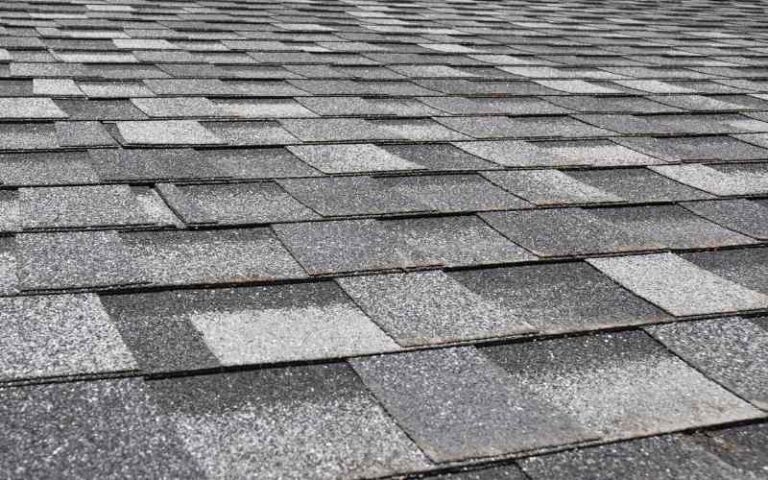After constructing your roof, you might want to add other decorative features like roof decks on the roofing. However, understanding the components of roofing is essential to accomplishing this.
Though you may have used or heard the terms roof, and rooftop synonymously, they have different meanings.
In this article, you will understand their difference and can confidently build your roof deck if your roof meets the requirements.
The rooftop is the area atop your roof. However, the roof consists of the layers that make up the protection of your building. You can build rooftop decks or gardens on your rooftop. The roofing secures the top part of your building from harsh weather and other dangerous external elements.
Ready for a Roofing Quiz?
Differences Between Roof and Rooftop
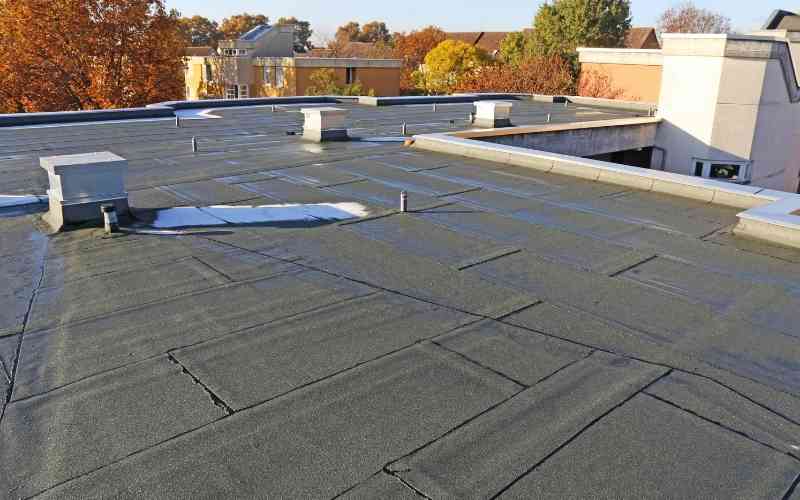
Though you might use the terms roof and rooftops interchangeably, they have different meanings. The roof comprises the materials covering the area atop your building.
It serves as secure protection against sunlight, rain, and extreme temperatures.
On the other hand, the rooftop is the area atop your roof. It is the top layer of your roofing directly covering the roofing layers. You can also build decks or bars on it if your roof meets the requirements.
Below are some of the differences between a roof and a rooftop.
#1. Rooftops Can Be Decorated, but Roofs Cannot
Unlike roofs, rooftops can be decorated with lights like Christmas decors. You can also build decks, gazebos, or patios on your rooftop. It allows you to enjoy scenes you cannot get from your window view.
However, decorations on your roof will only hinder the purpose it serves. It can also damage the components of the roof as it exposes it to outer elements.
In addition, the roof consists of materials like underlayment and rafter that are susceptible to damage if you expose it to harsh weather conditions.
#2. Roofs Consists of Different Layers of Materials Unlike Rooftops
A roof may look like a single component when you view it outside. However, it has several layers holding the roofing together.
Some of these components include:
- Roof decking
- Drip edge
- Roof underlayment
- Asphalt shingles.
Unlike the roof, a rooftop consists only of the top of the roof. Therefore, it is just the top roofing material on your roof.
#3. Roofs Are Built for Security; Rooftops Are Not
Your roofs secure your home, unlike rooftops. Since the rooftop is the top part of your roofing component, it cannot protect your building alone.
Roofs consist of durable layers of materials that secure the inner parts of your house.
#4. Roofs Have a Longer Lifespan Than Rooftops
Finally, your roof serves as security and consists of layers of components that protect your building. It ensures long-lasting protection with constant maintenance.
On the other hand, your rooftop may incur damages from time to time and will need repairs.
Can I Build a Roof Deck on My Rooftop?
You can build your roof deck on your rooftop if your roof can carry about 60 pounds per square foot and is in relatively optimum condition.
Consult experts with a good knowledge of international building codes to get accurate information on zoning prohibitions.
There are essential questions you should consider before building a roof deck. Some of these questions are:
#1. Are You Permitted To Build a Roof Deck on Your Property?
This is where inquiring after international building codes comes in. You should also check if there are any local prohibitions on roof decks.
#2. Can Your Roof Hold a Deck?
The most important consideration is whether the roof structure is strong enough to hold a rooftop deck.
Although Building codes vary in different states, your roofing should be able to carry at least 55 pounds per square foot.
Consult an expert builder to advise you on whether your roofing can hold all the extra weight of the deck you plan on building.
You also need to hire a roofing contractor to inspect your roof condition. The contractor will advise you on what you need to know and if everything is up to the international building code.
It will help you confirm the condition of your roofing and will work for the roof deck project.
The roof deck may be in the way of drainage, meaning you would need additional access to utilities or a new roof entirely with a waterproof membrane.
However, you might need to replace the entire roof structure to implement these measures. The specific requirements for your rooftop deck may vary, depending on how you plan to use the deck space.
For example, if you plan on adding a hot tub or workout area on your rooftop deck, you will have to include the weight of the furnishings you require.
#3. What Does the Rooftop Deck Look Like?
You can start designing your roof deck once you take the time to consider these factors. Some popular deck features are plant life, a bar, a fire pit, or string lights for decoration.
Related: Cost Guide To Replace A Roof On A 2200 Square Foot
How Long Will My Deck Last?
Your deck should generally last a long time, but the lifespan may depend on the material you used and the proper installation process.
It also depends on the material of the roof deck, either composite or hardwood, which I will discuss further.
#1. Wood Decks
There are three popular types of timber: lumber, cedar, and redwood. You can use these materials in your roof deck construction.
Composite decks may cost more during roof deck construction, but need less maintenance in the long run.
On the other hand, Pressure treated wood decks are cost-effective for roof deck construction, though they require regular refinishing.
Pressure-treated wood such as cedar is weather-resistant and gives a homely feel. They are less prone to cracks, unlike other varying types of woods.
#2. Composite Decks
Materials for composite decks include PVC, recycled plastic, and vinyl. The perks of a composite deck are that it does not require constant maintenance like the pressure-treated wood deck. This means you will not have to refinish the deck.
#3. Which Material Lasts Longer?
The lifespan of an untreated wooden deck ranges from 10 to 30 years, and for composite and pressure-treated wood materials, its lifespan is for about 50 years.
Most Composite decks have a 20-year guarantee and sometimes a lifetime warranty. A quality composite deck has a 25-year warranty against fading and staining.
#3. Tools Required To Build Your Rooftop Deck
Some of the must-have tools to have before building your deck are:
Conclusion
Though you may have used the terms roof and rooftops as one, they have different meanings. The rooftop is the top layer of the roof where you can build a rooftop deck or bars on.
On the other hand, the roofing consists of different layers that cover the top of the building.

